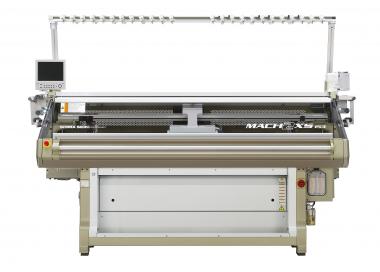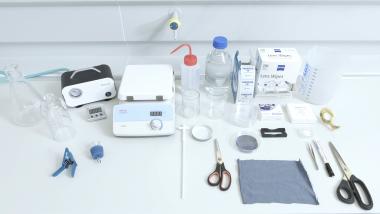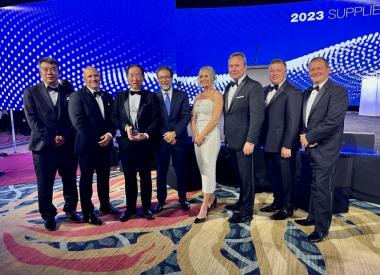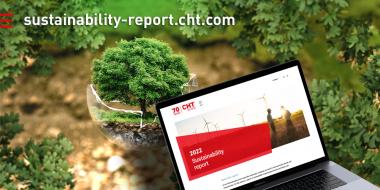RadiciGroup’s roadmap to a sustainable future
“From Earth to Earth”: The new plan defines goals and concrete actions in Environmental, Social and Governance (ESG) areas to foster value creation for all stakeholders and put new sustainability regulatory requirements at the centre of attention.
A project, designed to enhance RadiciGroup's transparency and commitment to develop a responsible business along its entire value chain from an economic, social and environmental perspective and focus on the ever more widespread and stringent sustainability regulatory requirements. These are the features and goals of the Sustainability Plan presented by the Group and called "From Earth to Earth", precisely to emphasize the intent to focus on the Earth and future generations.
In the context of a complex and constantly changing scenario, the Group has therefore decided to capitalize on the goals achieved and look beyond them with a plan defining the medium-term targets and the actions to be taken to fulfil them and covering all areas considered to be "material”, i.e., relevant from the point of view of ESG and financial risks, opportunities and impacts. Indeed, the ultimate goal of "From Earth to Earth" is to support business continuity and the growth of the company and all its stakeholders.
The project was the result of a multi-year collaboration with Deloitte, which contributed an external and objective viewpoint on the definition of the material targets and themes. However, it was not an armchair exercise, but the result of an extensive listening process involving internal and external stakeholders, all of whom were sustainability experts who helped define a shortlist of strategic themes for both the Group and its main stakeholders. These issues were then analysed in detail using working tables on the different themes to identify the objectives in Environmental, Social and Governance areas and the related concrete actions needed to achieve them, in line with the European decarbonization and energy transition policies and the
United Nations Sustainable Development Goals, a global blueprint for sustainable growth.
In particular, RadiciGroup’s environmental goals include: a 20% increase and differentiation in renewable source electricity consumption, an 80% reduction in total direct greenhouse gas emissions by 2030 compared to 2011, attention to water consumption to limit the impact on local communities and biodiversity, the extension of Life Cycle Assessment (LCA) methodology to measure the environmental impact of 70% of the products (in terms of weight) manufactured by the entire Group, collaboration among the various actors in the supply chain from an ecodesign perspective and the search for increasingly more sustainable and circular packaging solutions.
RadiciGroup






























